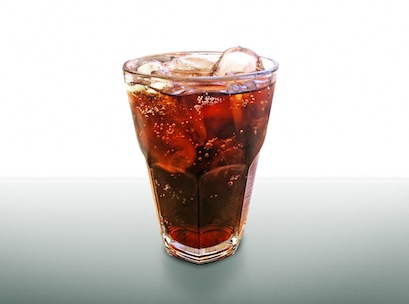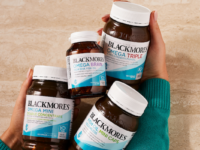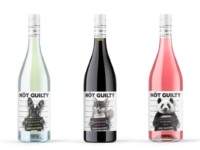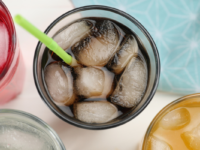 Australian Beverages Council CEO Geoff Parker said the UK’s plan to introduce a soft drink tax is a step “in the wrong direction to end the global obesity epidemic.”
Australian Beverages Council CEO Geoff Parker said the UK’s plan to introduce a soft drink tax is a step “in the wrong direction to end the global obesity epidemic.”
“It is absurd to think this will solve obesity when soft drinks contribute just 1.7 per cent of the daily intake of kilojoules for Australian adults,” Parker said.
In a statement, he said nearly one in two drinks consumed is a non-sugar variety (42 per cent volume share in 2011) compared to 30 per cent in 1997.2 Consumption is also on the decline, as outlined in the latest report from the Australian Bureau of Statistics.
A 10 per cent tax on high-sugar products would be one of the least effective measures in combatting obesity, ranking 14th of 17 intervention methods, said Parker, quoting data from the research firm McKinsey Global Institute.
He added that other European countries, such as Denmark, have introduced and subsequently repealed a ‘fat’ tax within 18 months, due to its ineffectiveness. When implemented in Mexico, the tax only reduced dietary intake by six calories.
“Soft drinks can absolutely be enjoyed in moderation. Food and beverage consumption is a personal choice, not a revenue raiser,” he said.
National Heart Foundation of Australia’s CEO, Professor Garry Jennings, said the government needed to take “decisive policy action” to tackle the country’s growing obesity crisis.
That included exploring options for a “health levy” on sugar-sweetened beverages, with funds raised earmarked to health promotion.
Dr Christina Pollard, from Curtain University’s school of public health, said taxation sent a strong message to manufacturers, retailers and the general public about the health risks of certain types of foods.
“We need to make healthy food more affordable than junk food,” she said.
Deakin University’s Professor Anna Peeter said evidence from Mexico suggested that a well-designed sugary drinks tax was likely to reduce consumption of sugary drinks across the population.
“Taxes such as the one proposed by the UK are likely to have the additional benefit of promoting reformulation by the beverages industry,” she said.
“The public health consensus is that introducing a sugary drinks tax in Australia is an important piece of a comprehensive obesity prevention approach.”
Oliver, an outspoken campaigner against childhood obesity, posted a message on his Facebook page imploring other governments, including Australia, to follow suit.















